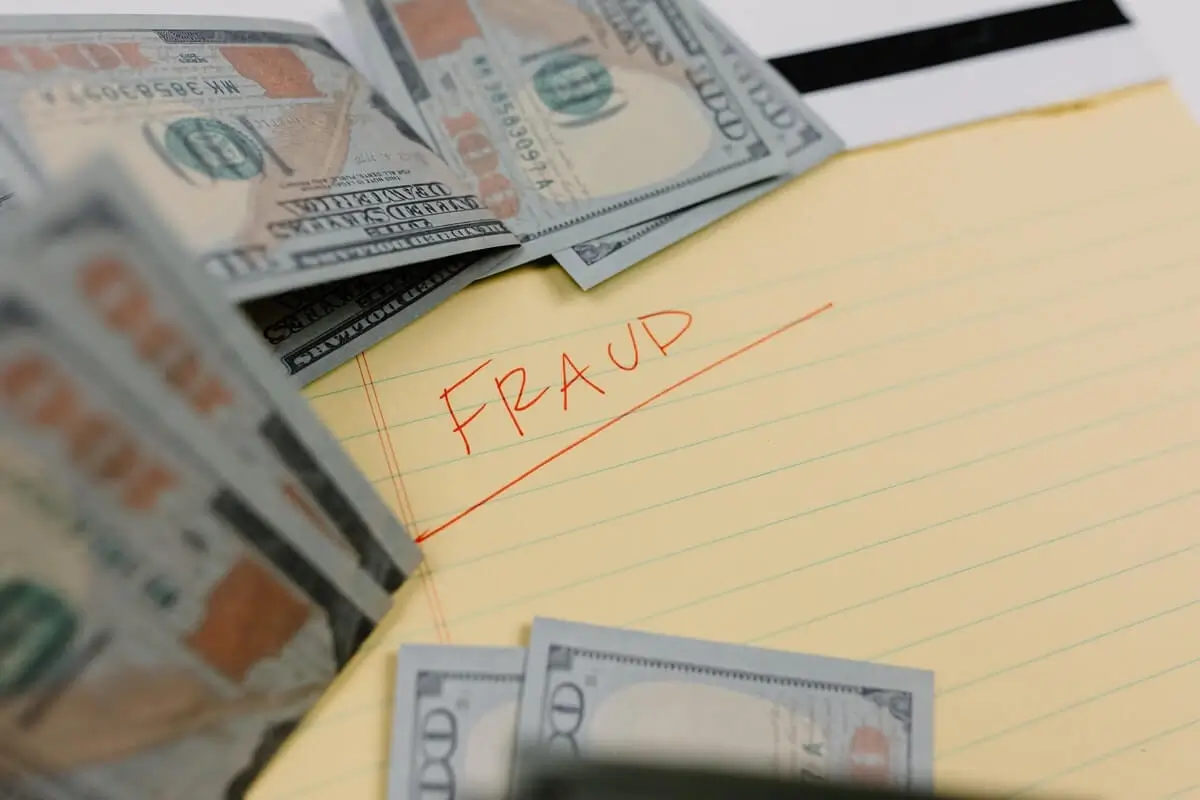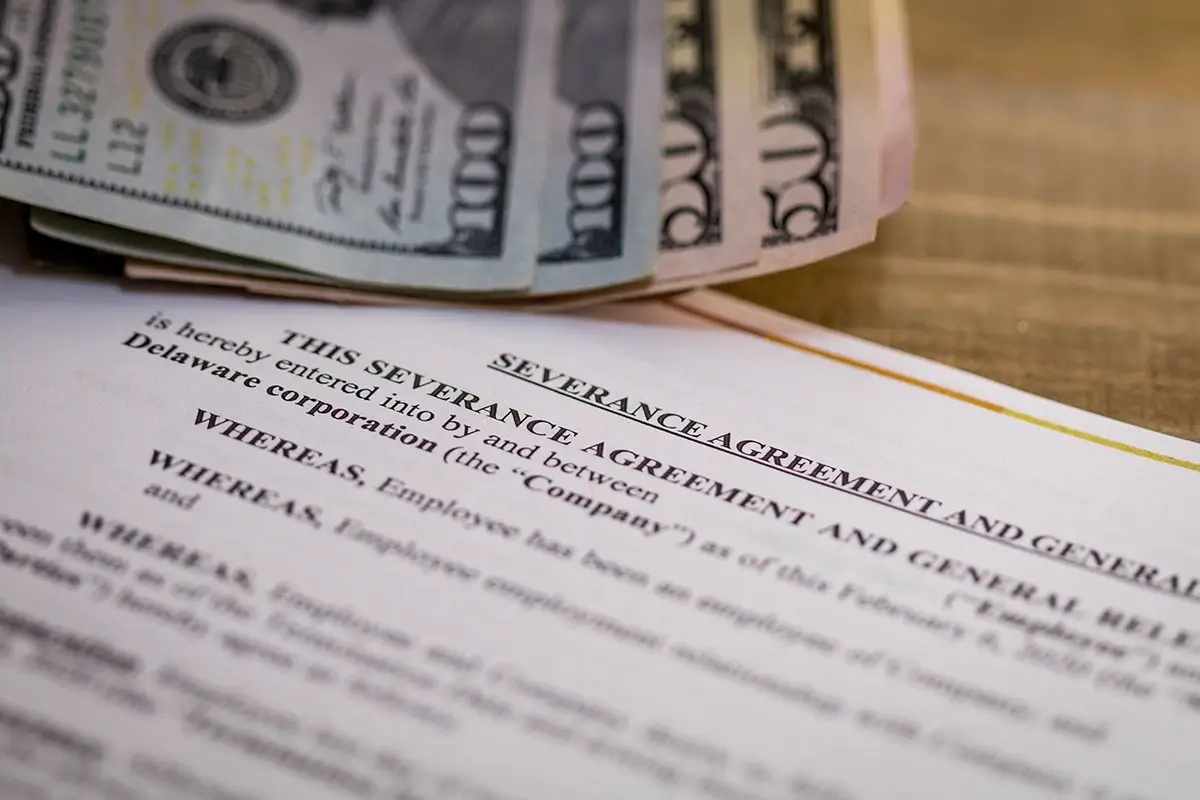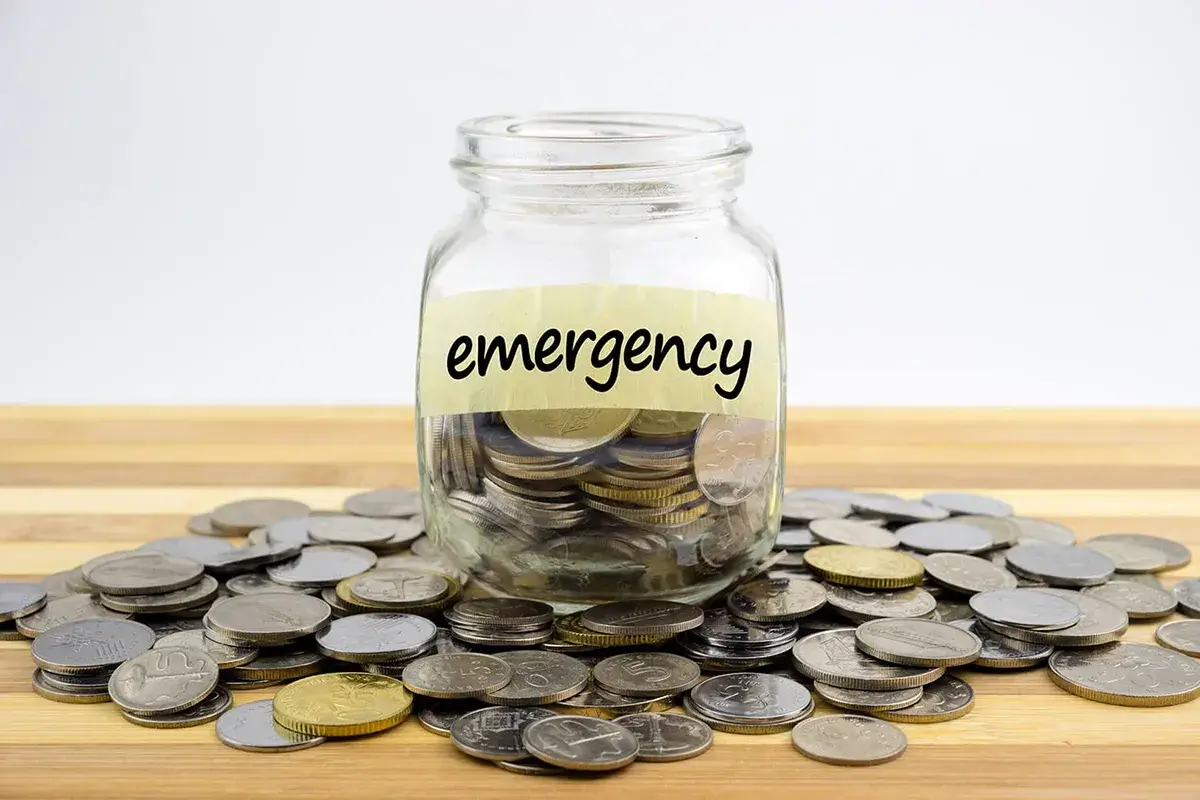When we think about financial planning, normally we think about investing, planning for retirement, creating and sticking to a budget, things that lead to financial stability. Preventing fraud is not normally something we think about during financial planning. However, it should actually be one of the first things you should think about and plan for. Being a victim of fraud can ruin you financially, even if only temporarily.
There are many ways that fraud can happen, you should be aware of them and understand the steps to take to avoid it, prevent it, know the signs if it is happening to you and what you can do if it happens to you.
Automobile Fraud:
- Being sold a car without a clean title
- Being lied to about the vehicle’s history
- “Yo-yo Yo-yo Financing” – being called from a dealer a few weeks after you purchase a car and told your credit application was denied and being pressured into high “in-house” financing
- Tampering with the odometer
Real Estate Fraud:
- Foreclosure fraud – criminal pose as a company that offers loans to cover expenses or consolidate debt, then they get the title transferred to their name and sell the property out from under you
- Lying on a mortgage application
- Wire fraud (money being intercepted and transferred to their account or money being transferred to the wrong account)
- Illegal Flipping of a house (the seller sells the house for an inflated price after making very minor improvements, but claiming larger ones were made
Debt Collection Fraud:
- Someone posing as a company to collect a “phantom debt” (outstanding fees that are either too old to collect, were never truly owed or are unable to be proven as valid)
Ways to Protect Yourself
- Never send out any financial information via email
- Clean out your email regularly so that hackers cannot detect any patterns
- Change your usernames and especially your passwords on a regular basis (every 30 days is ideal)
- Install and regularly update antivirus and firewall programs on your computer
- Report any fraudulent activity you become aware of to the FBI via the Internet Crime Complaint Center
- Regularly check your bank statements against your activity
- Cover your PIN when you enter it into an ATM
- Never give your PIN number to anyone
- Keep sensitive documents and cards in paper files and in a secure location
- Only shop secure websites (if you do not see https (the S being the main key there) in the websites URL the site is not secure)
If you are the victim of any kind of fraud – ensure that you contact the Federal Trade Commission Website and FBI link above immediately. The sooner you report the fraud to your banking institution and the FTC/FBI the sooner it can be stopped and hopefully rectified to recover what you have lost. It never hurts to be overly cautious with your personal data, it can only help to protect your financial future.











